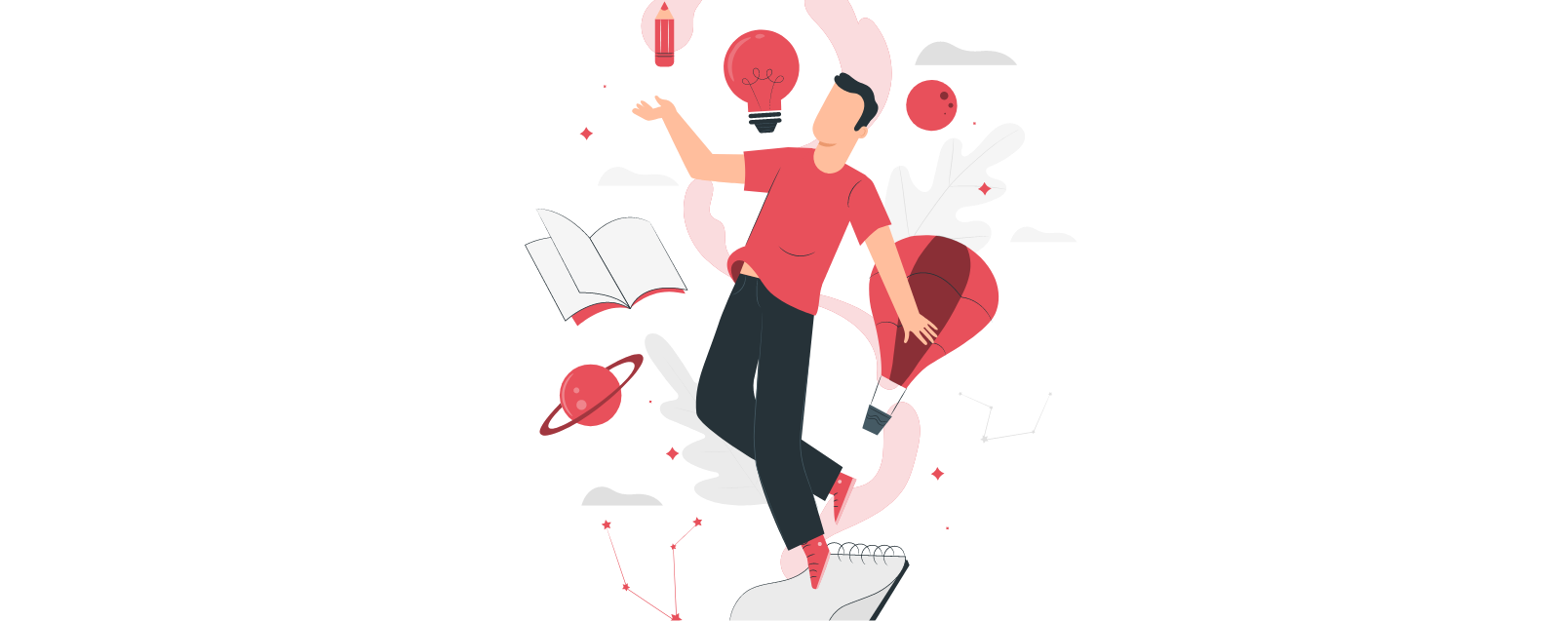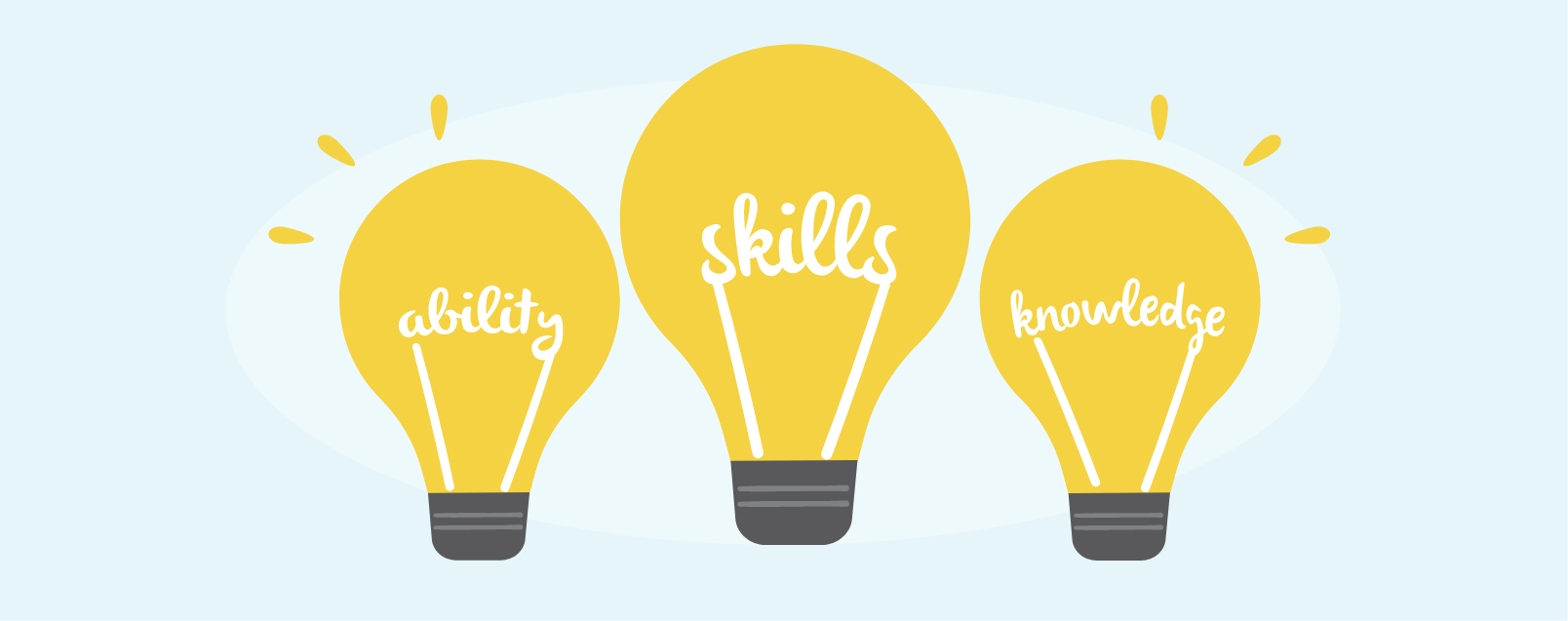What you know, What you can do, and What you have the potential to do
Many parents default to aptitude tests to help their children determine a career path that suits their abilities and interests. The problem with aptitude tests, however, is that they only measure what someone is innately able to do, regardless of the knowledge they amass or amount of practice they put in. In today’s world of rapidly changing technologies, emerging business models, adaptive social frameworks, and so on, I argue that it’s just as valuable for young people to understand their interests and the areas in which they can build skills so that they can adapt to and excel in newly developing disciplines, industries, and sectors. This is far more valuable than simply settling for a default area in which they have “aptitude.”

Think of it using this example: while an aptitude test may indicate that you are well-suited for a career in accounting or, the always vague sounding “administration”, you may not actually be interested in either of those paths directly. And if you pursue them just because some test told you to, I can almost guarantee that you will be miserable.
But given the same areas of aptitude, let’s go further to say you are interested in the arts or journalism. While you may not have the aptitude to be an artist, perhaps you have the ability to manage the business office of an auction house; or even if you’re not great at writing original pieces, you may relish working as an editor at a newspaper and applying your skills of precision, paraphrasing, and summarizing to help others understand complex ideas.
To better understand the nuances between knowledge, skill, aptitude, and ability, we need to first define our terms.

What we know is defined as knowledge: the theoretical or practical understanding of a subject. For example, having basic knowledge of the game of chess might mean knowing how the pieces move. This body of knowledge can grow depending upon how much time and effort an individual commits to learning the game. Eventually, they will come to know some of the common openings, strategies, and traps—those who are very knowledgeable may even memorize events of significant games that are important in chess theory.
Even though knowledge is acquired from time spent learning about something, aptitude influences how quickly a person can master an activity.

Aptitude is the natural ability to do something; it is the potential to do something regardless of whether you can do it right now. For instance, if someone has an aptitude for baking, with exposure, knowledge, and some practice, they will more quickly develop skills as a baker than someone who does not possess the same aptitude. Aptitude is something you are born with and is determined by brain wiring, body structure, and DNA. It’s important to note, however, that aptitude alone doesn’t guarantee success or achievement in a specific realm. That’s where skill comes to bear.
A skill is the ability to carry out a task with determined results often within a given amount of time, energy, and/or resources.
Skills can be gained and refined over time. You may not have a natural aptitude for musical instruments but if you commit to music lessons, practice sessions, and attending concerts, you can develop the skills to be a musician. Note, when someone is born with a skill, he or she is known as a prodigy. Also, proficiency is a high degree of skill in a specific area.

Ability is related to how well a person can perform a task right now, regardless of their natural propensity towards that task.
An example of ability could be an individual attempting to learn a second language. Although they may not have an aptitude for languages, if this individual has practiced and studied enough such that they can effectively communicate in a second language, that ability is undeniable. It is important to note that there are varying degrees of ability, just as there are varying degrees of aptitude. While a person may fluently speak a language, they may not be able to read or write it because the script is one they haven’t yet learned. In this case, they have the ability to learn but have not yet attained proficiency in the language.
Competency is a cluster of related abilities, knowledge, and skills that enable a person to act effectively
Competence stems from the intersection of knowledge, skill, and ability related to a specific discipline or subject. For example, a first-year medical school student is far from being a competent doctor. Through medical school and beyond, he or she will study, practice, intern, and serve as an apprentice (AKA resident) to build a vast store of knowledge. Through these stages, they will have gained experience with complicated medical problems, difficult patients, tricky diagnoses, gruelling working hours, emotionally challenging situations, and a range of other learning opportunities. Only after having gone through all of the above and many other real-world situations, would anyone consider them a competent medical practitioner. And even then, it’s not the end of the learning road for many doctors, as they go on to specialize (and even super–specialize), conduct ground-breaking studies, author research papers, invent therapies, pioneer surgeries, or develop medicines that benefit all humankind.

Knowledge is truly infinite, and there is never enough time to learn everything there is to know. To become successful, we must, therefore, put our egos aside and remain open-minded, keen to absorb, and eager to learn. While aptitude is something we can’t control, with self-reflection and awareness, an individual can tap areas of aptitude for professional focus and develop weaker areas that may be required to sustain success. And, anyone and everyone can polish skills by repeated and dedicated time spent on practice.
The process of translating what we know into what we can do and into what we have the potential to do is the goal of education.
The knowledge and abilities developed from education and practical experiences lead to the development of skills, and the demand for these skills ultimately creates careers: a livelihood from the intersection of education and aptitude.
Xavier Talwatte contributed to this article.
